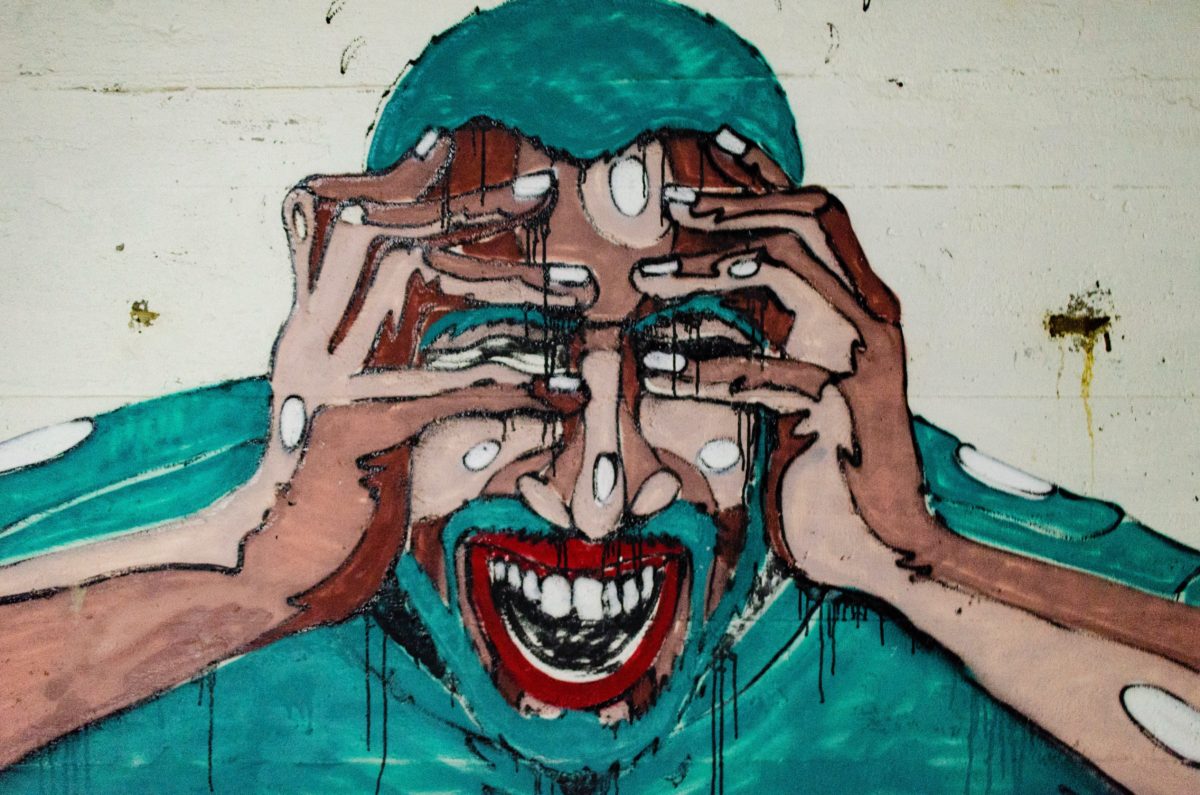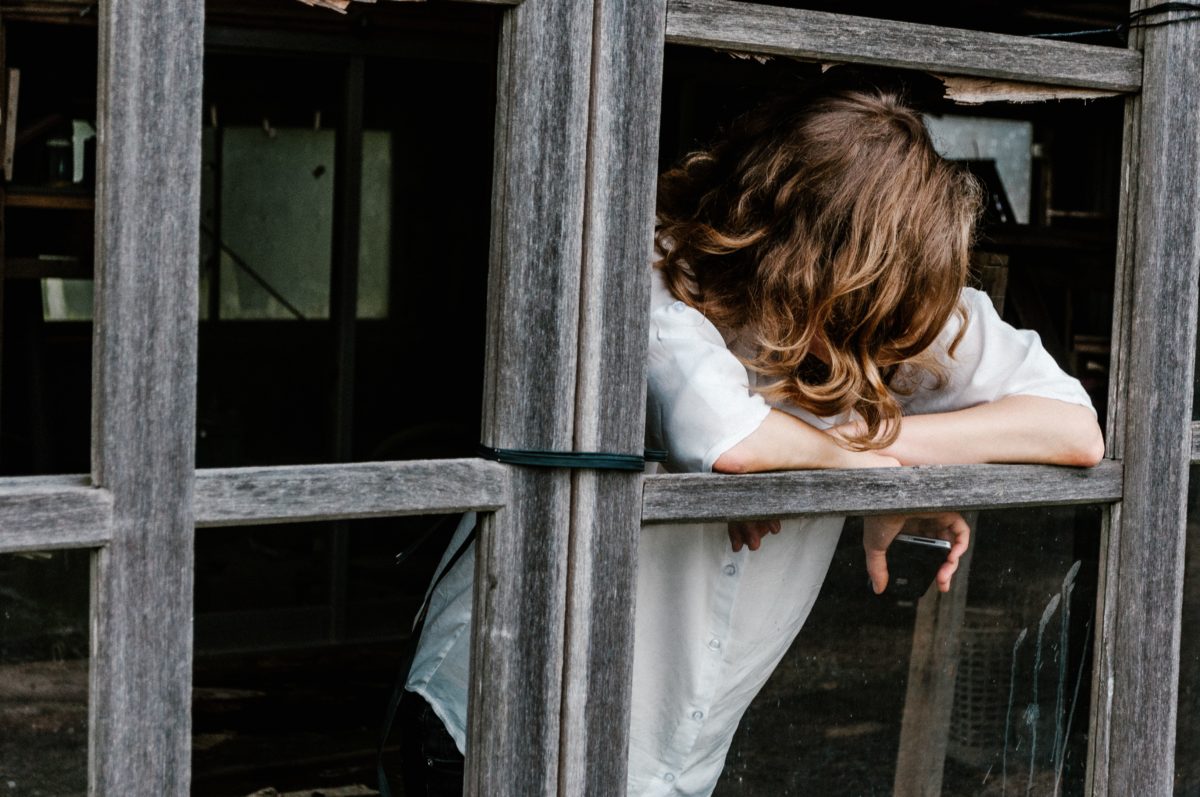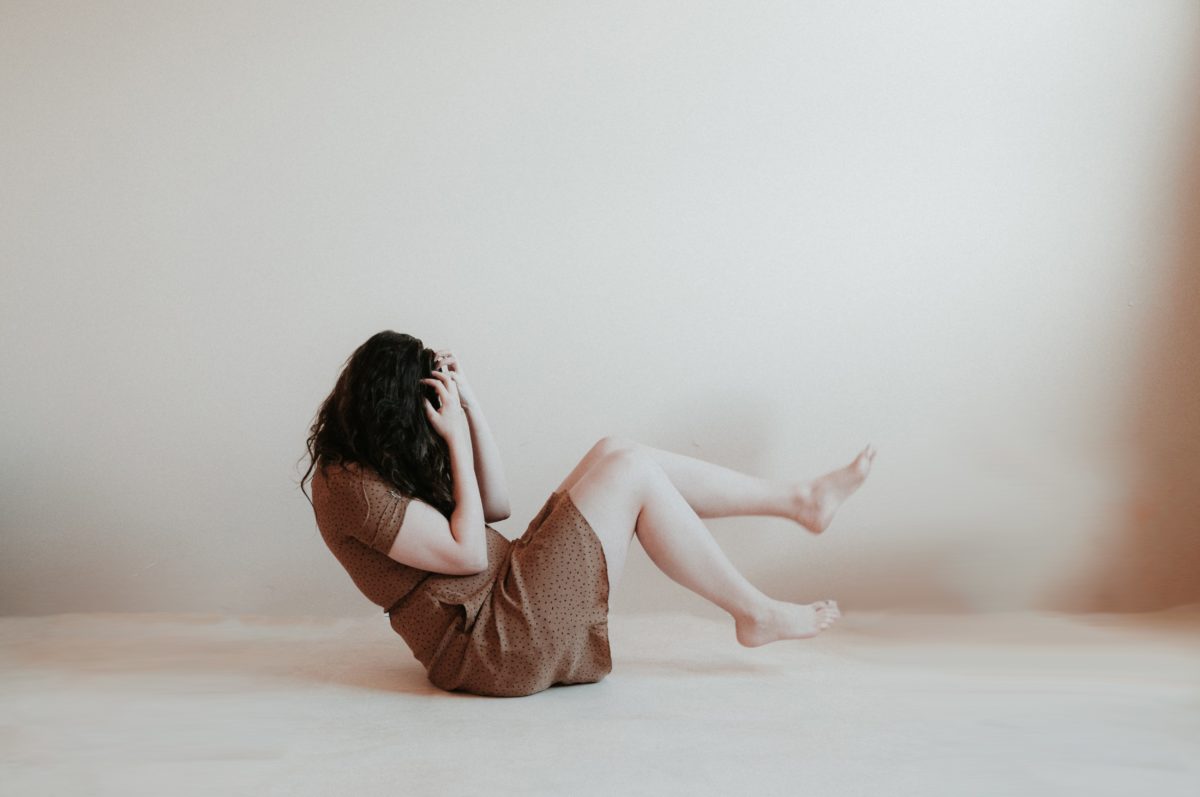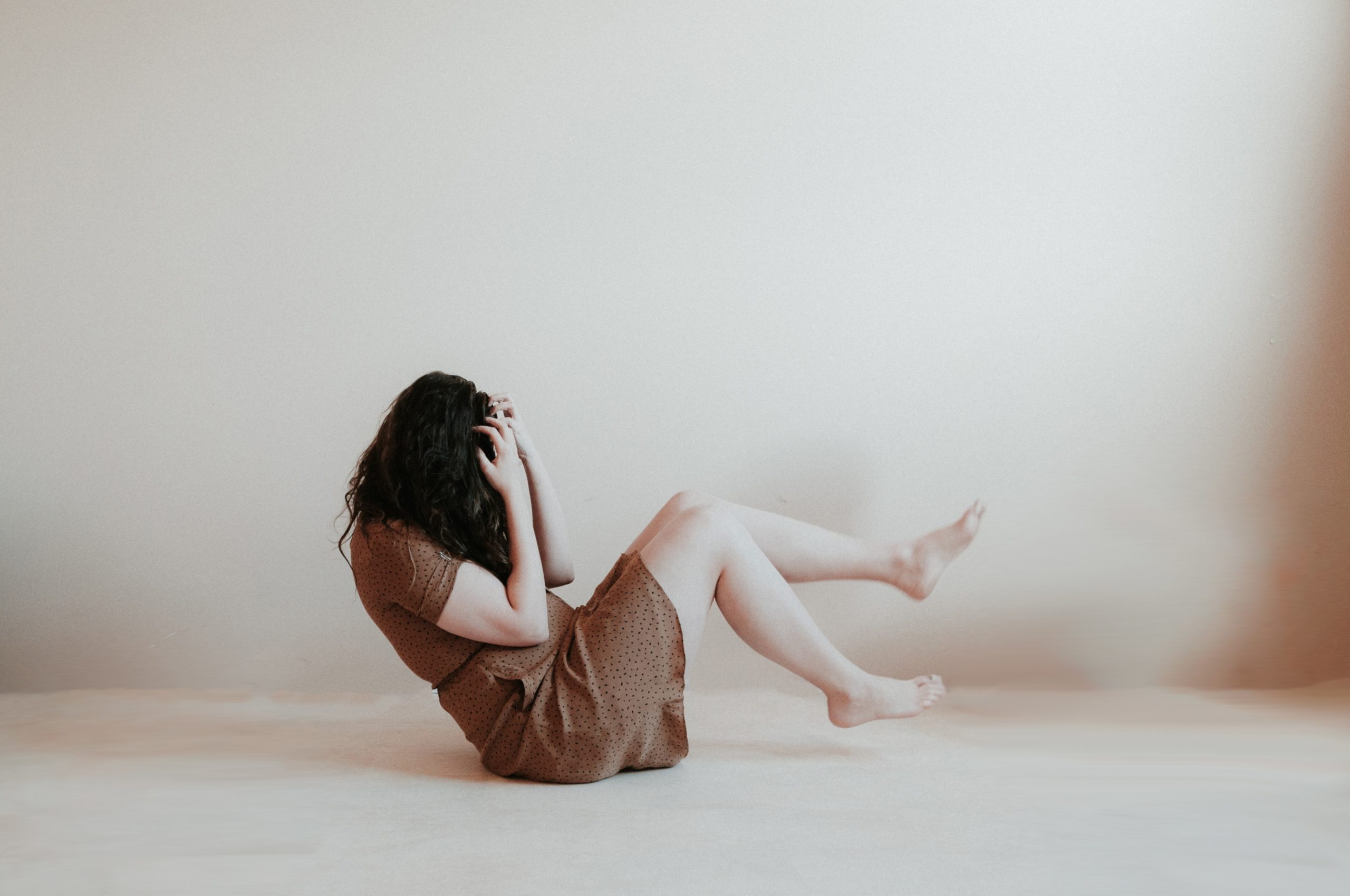




Anxiety Disorders
About:
Every person experience anxiety at least once in life. Some part of anxiety is always needed. It is an important emotion that keeps your senses in check while triggering you to stay active, attentive, and observant of your surroundings.
However, there is a very fine line between anxiety and anxiety disorder. People with anxiety disorders frequently have intense, excessive and persistent worry and fear about everyday situations that make their day to day functioning difficult and persistent over a protracted period of your time.
Prevalence: Worldwide 1 in 10 people suffer from an anxiety disorder.
Symptoms:
- Feeling nervous, restless or tense, inability to relax
- Having impending danger, panic or doom, fear of death
- Having an increased heart rate
- Shortness of breath (hyperventilating)
- Sweating, trembling, feeling weak or tired
- Poor attention and concentration
- Having sleep disturbances
- Experiencing gastrointestinal (GI) problems
- Butterfly in the abdomen, frequent urge to pass stool
- Having difficulty controlling worry
- Having the urge to avoid things that trigger anxiety
Types of anxiety disorders:
- Agoraphobia could be a variety of anxiety disorder during which you fear and often avoid places or situations that may cause you to panic and make you feel trapped, helpless or embarrassed.
- Generalised anxiety disorder includes persistent and excessive anxiety and worries about general, ordinary or routine activities and events.
- Panic disorder is a repetitive episode of a sudden feeling of intense anxiety and fear or terror that reach a peak within minutes (panic attacks), characterized by feelings of impending doom, shortness of breath, chest pain, increased heartbeats (palpitations). These situations may result in constant fear or worrying about them happening in future and that they start avoiding such situations during which they’ve occurred.
- Obsessive Compulsive Disorder is characterized by obsessions which are recurring thoughts, ideas, images or impulses that are senseless, involuntary, unwanted and distressful; and compulsions which are repetitive mental or physical acts or rituals that are performed to reduce the anxieties caused by such obsessions.
- Social anxiety disorder (social phobia) is described as high levels of tension, fear and avoidance behaviour of social situations because of feelings of embarrassment, self-consciousness, self-criticism and concern about being judged or viewed negatively by others.
- Specific phobias are characterized by major anxiety when you’re exposed to a particular object or situation and a desire to avoid it. Phobias provoke panic attacks in some people.
Recognising the disorder:
- You feel like you’re worrying too much, have a chain of thoughts and it’s interfering your work, relationships or other parts of life.
- You remain afraid, feel panic, or your worry or anxiety is upsetting you, negative thoughts, death wish or suicidal ideas and difficulty to regulate these.
- You feel depressed, have started alcohol or drug use and causing physical health problems.
How UDGAM will help in treatment?
To help in the diagnosis and treatment of an anxiety disorder and rule out other condition, UDGAM offers a psychological evaluation with an in-depth history and mental status examination. The two main treatments for anxiety disorders are psychotherapy and medications. You’ll benefit most from a combination of the two.
Psychotherapy:
Cognitive-behavioural therapy (CBT) is the most effective form of psychotherapy for anxiety disorders. CBT includes cognitive therapy, behaviour therapy, systematic desensitization, during which you gradually expose the thing or situation that triggers your anxiety so you build confidence that you simply can manage the situation and anxiety symptoms.
Medications:
Certain antidepressants are useful to treat anxiety disorder, few benzodiazepines for short-term relief.
Few tips for Lifestyle changes and residential remedies
- Keep physically active
- Avoid alcohol and recreational drugs
- Quit smoking & reduce/quit drinking caffeine
- Use stress management & relaxation techniques
- Make sleep a priority
- Eat healthily






